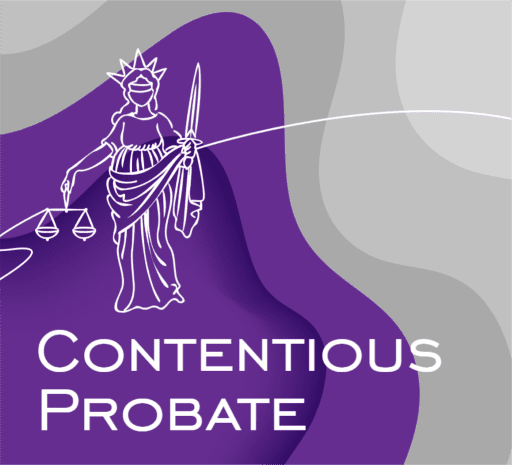Many among the elderly suffer with dementia. There are others who lose their mental capacity due to a head injury or other reasons.
A will could become invalid if it gets proved that, when making the will, the person did not have the mental capacity to make his own decisions.
For a will to be valid, the person making it i.e., the testator must
- Understand that he is making a will and be aware of its implications
- Be aware of the value of the assets he is leaving
- Be able to remember the people who he is morally obligated to provide
- Be free from mental issues that can impair judgement
If there are questions about the individual’s mental capacity, a qualified medical practitioner must be consulted. He should verify and confirm whether the will is valid or not.
It can be difficult to prove that a person was in a poor mental state when he was making the will. Appropriate witness evidence or medical evidence needs to be gathered. If it gets proved, then the will is revoked and an earlier will comes into effect. If an earlier will does not exist, the Rules of Intestacy apply.
Having to deal with an Invalid Will, especially when mental capacity is in question, can be a stressful ordeal. We at Aristone Solicitors can help you smooth out the process. Call 01582 383 888 to get in touch with us.
Invalid Wills Involving Undue Influence of Others
In some unfortunate cases, the elderly or the vulnerable have been unduly influenced by care-givers, relatives or others to make changes in their will.
If it gets proved that a person was unduly influenced when making the will, the will becomes invalid. But to prove that this is the case is quite difficult since the conversation must have taken place between the deceased and the influencer with no one else present in the room.
However, it could be that the deceased later confided in someone, letting them know about the influencer. Statements from such witnesses can become solid evidence. Also, medical reports showing the person’s vulnerability can add to the weight of the case.
The strongest evidence, however, can be gathered if you find out whether the deceased received independent legal advice when drafting the will. If he did, then the circumstances of the meeting must be considered. For instance, was the influencer present or involved in the meeting? Did he recommend further changes to the will?
When an allegation of undue influence is made, it becomes the influencer’s responsibility to prove that no undue influence took place. On the other hand, if the Court determines that the allegations are baseless, it will ask the person making the allegation to pay costs.
If you are stuck in a case where there are serious questions about undue influence on a will, please know that you need the help of experienced solicitors. Call 01582 383 888 to get in touch with us.



